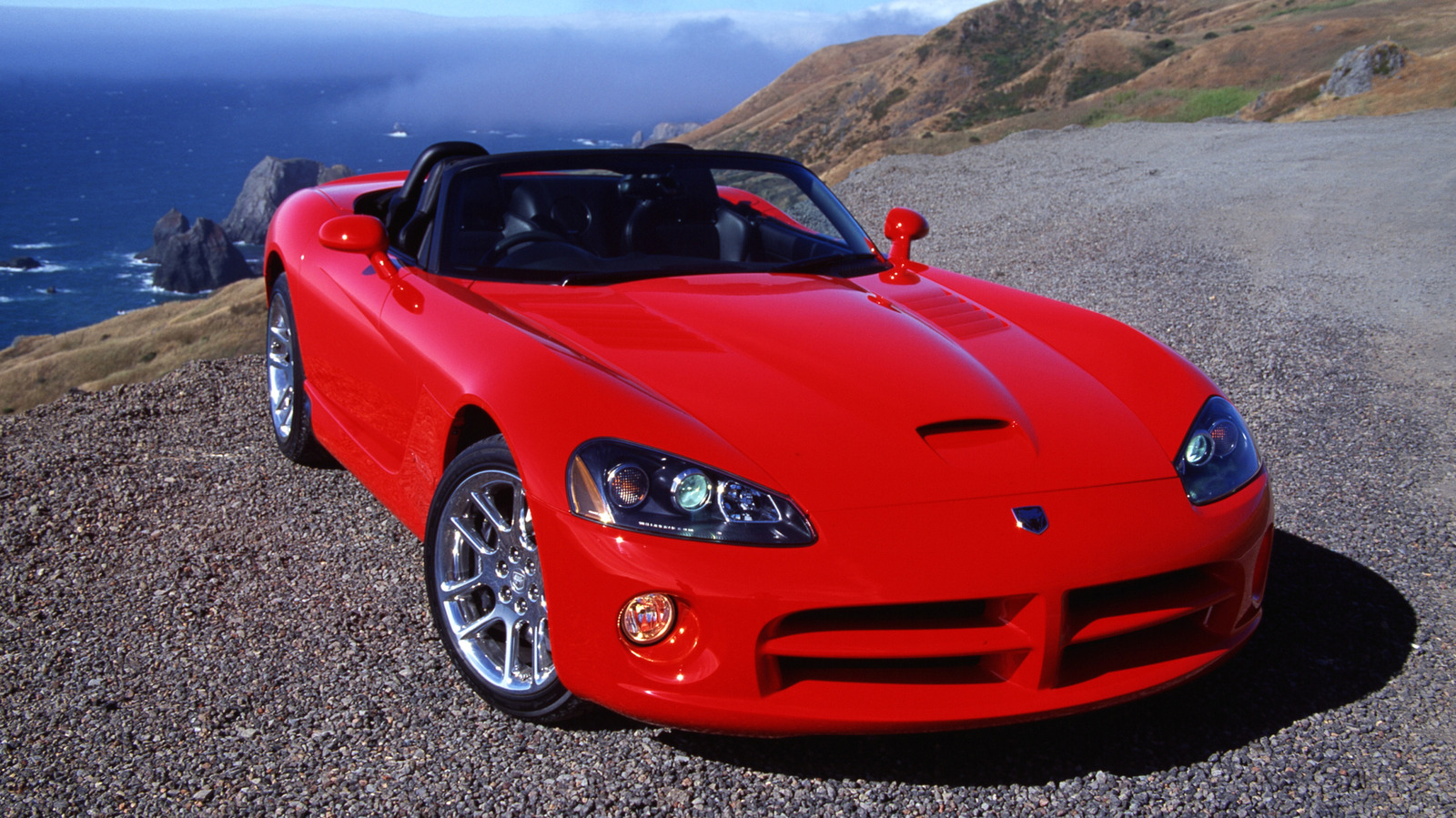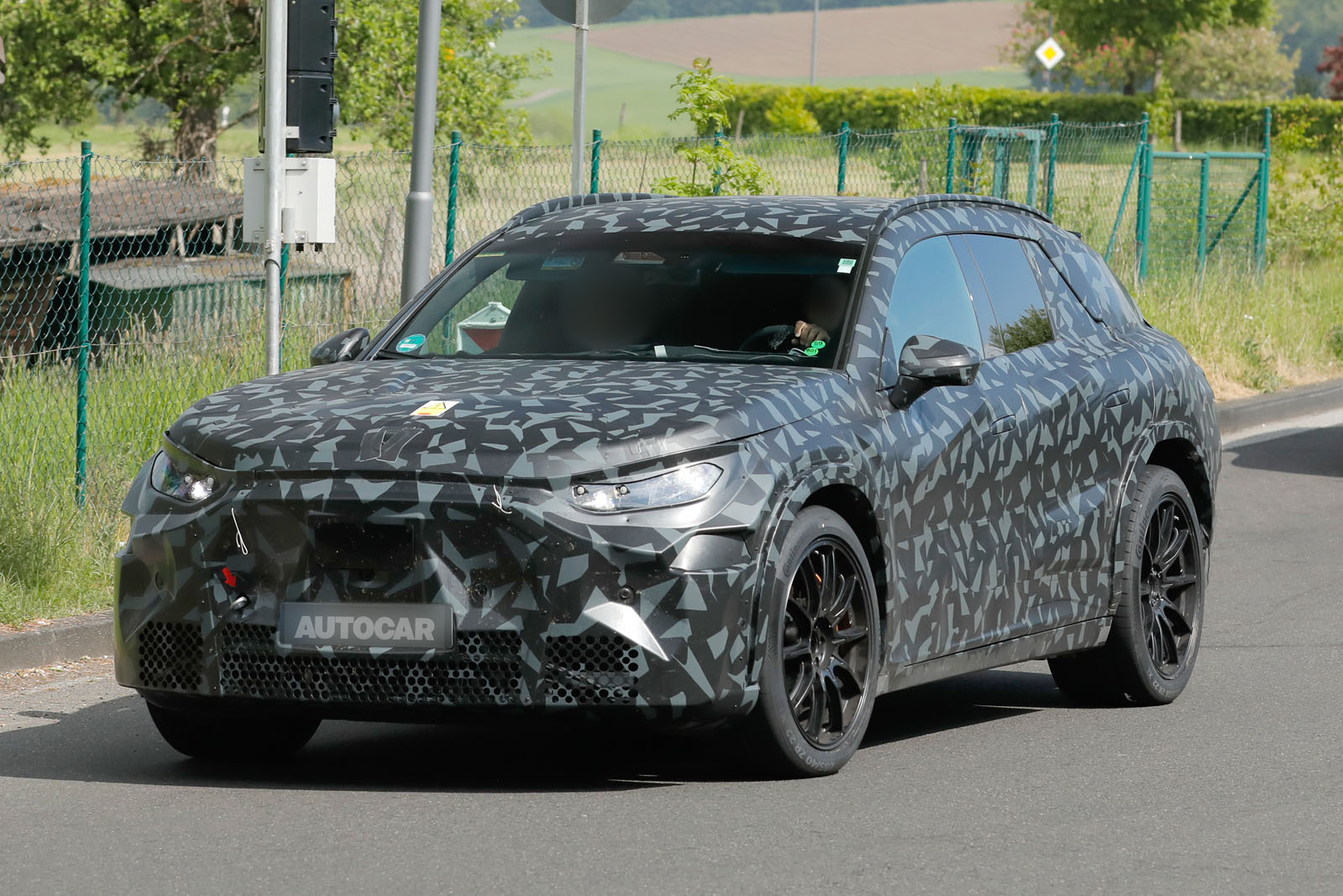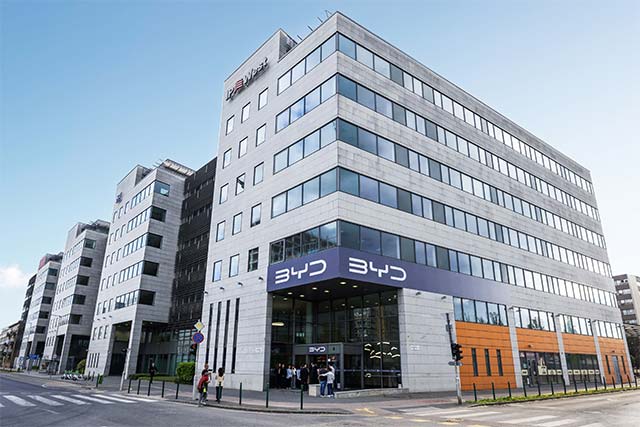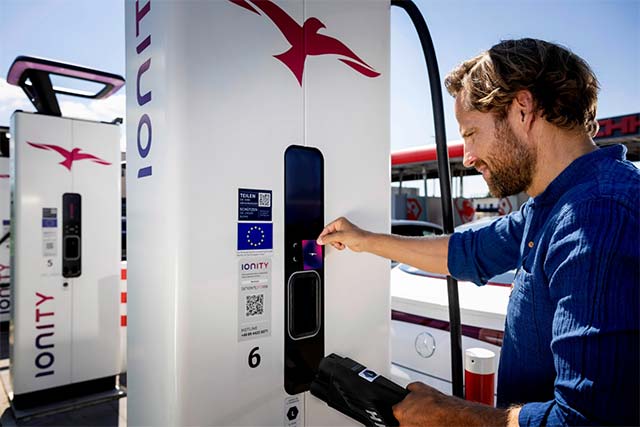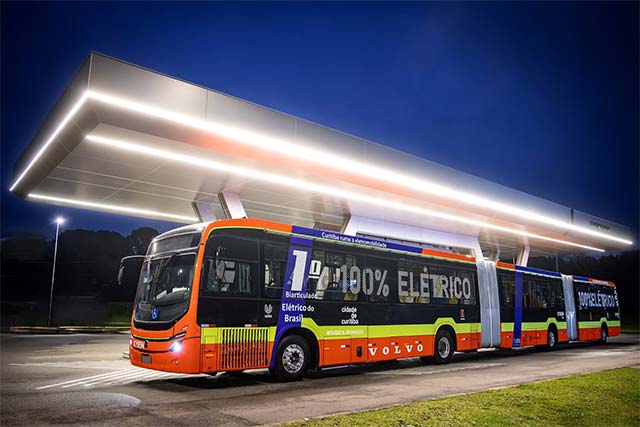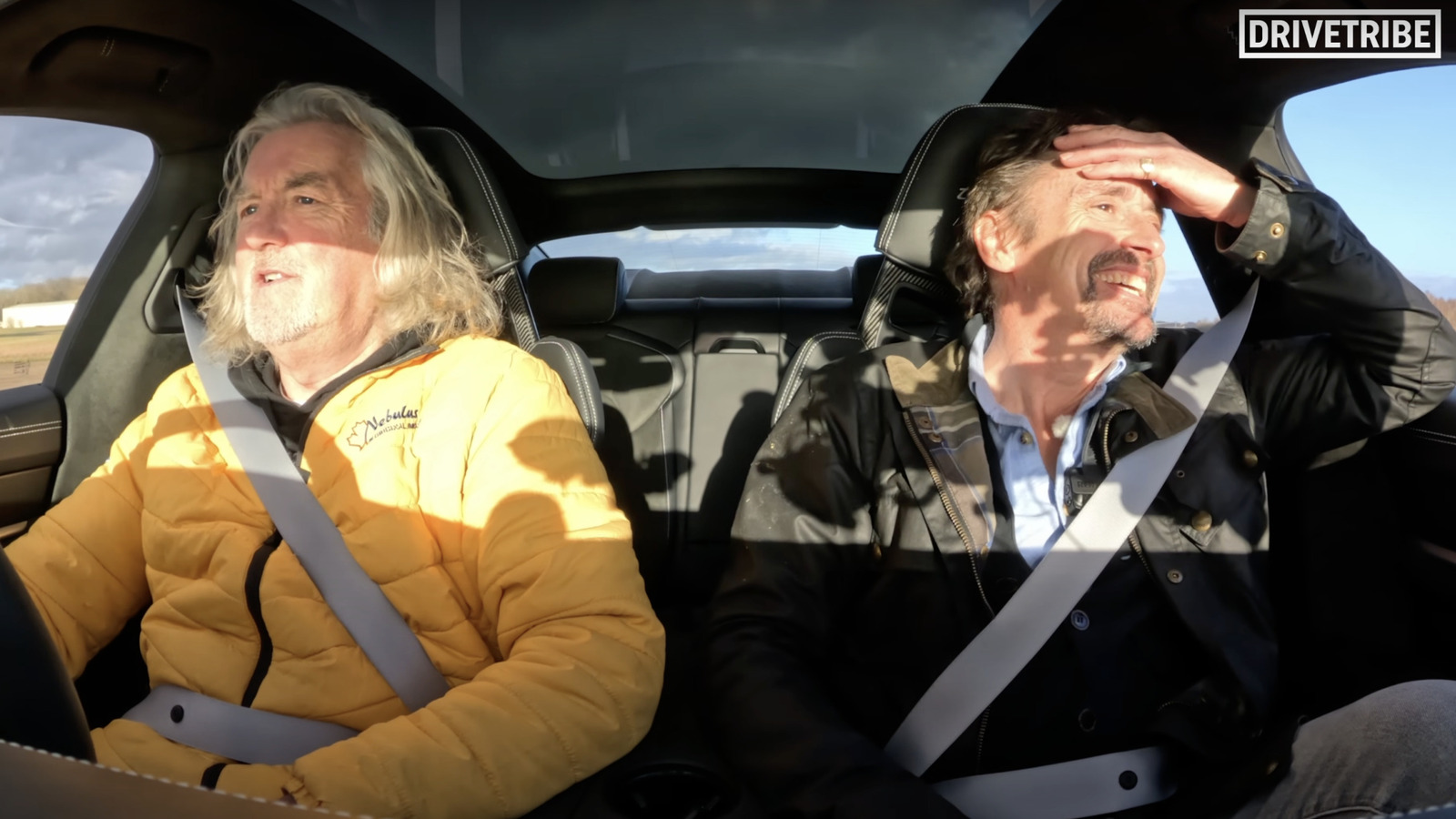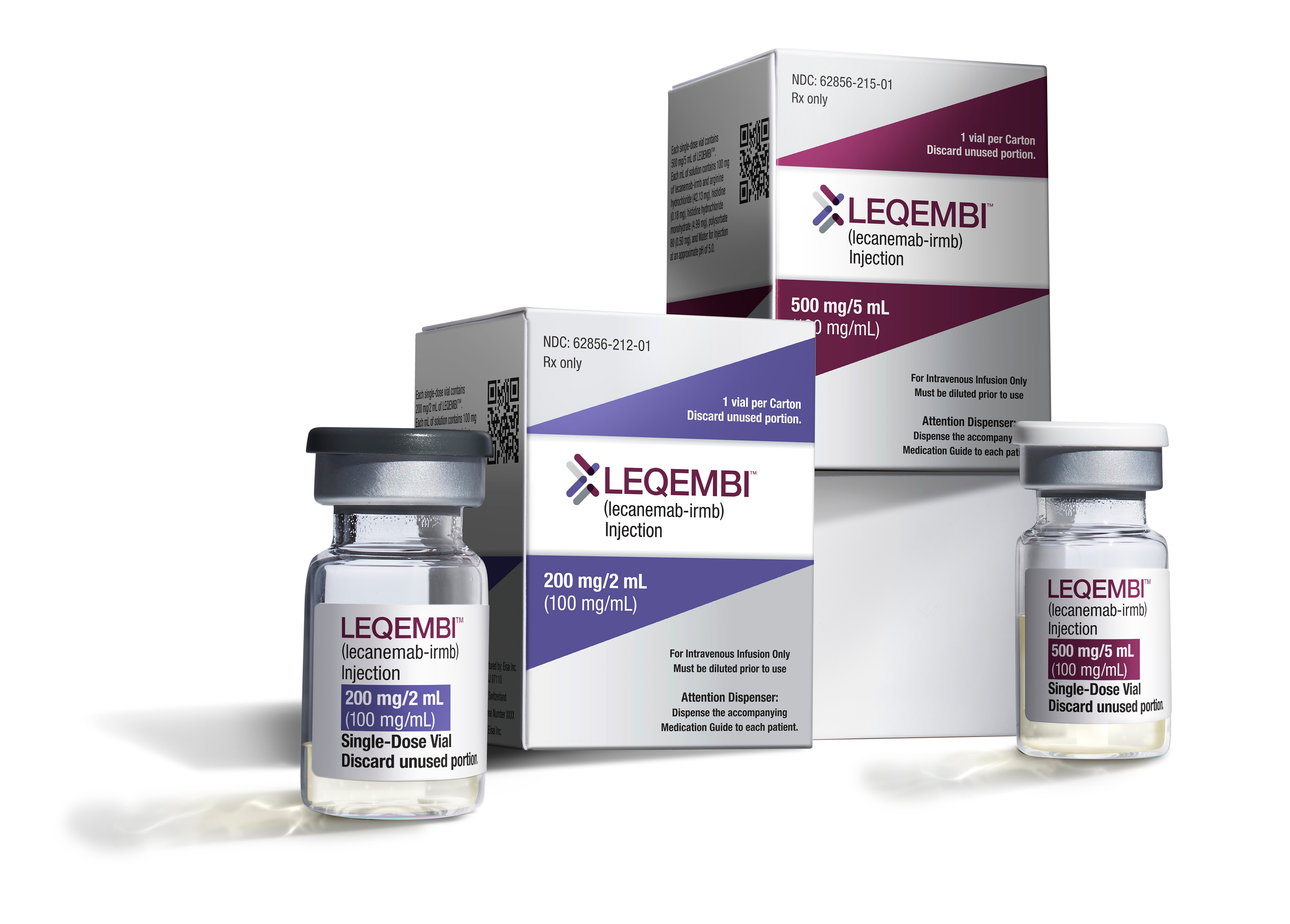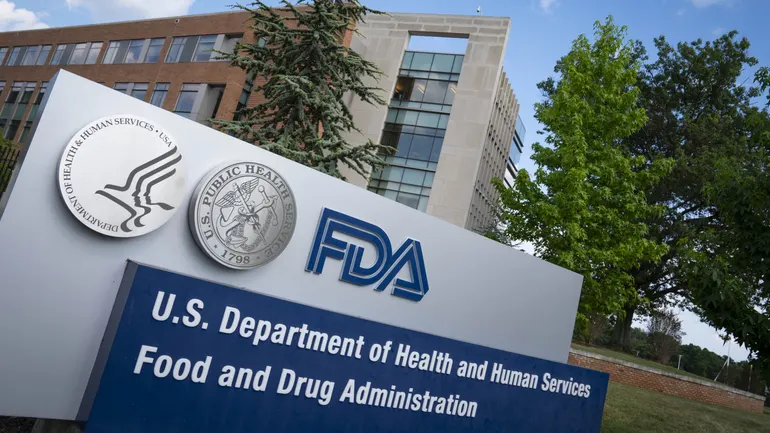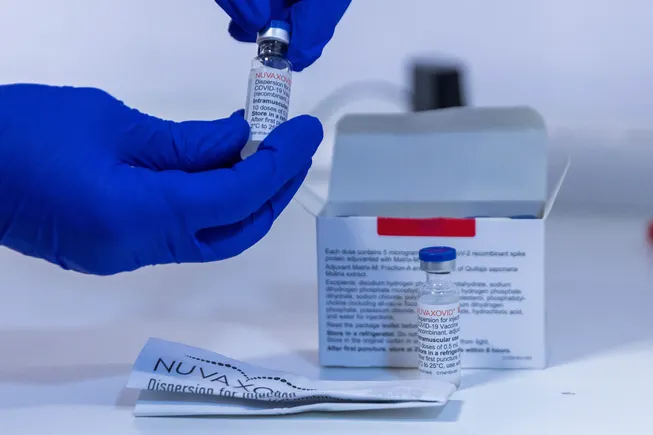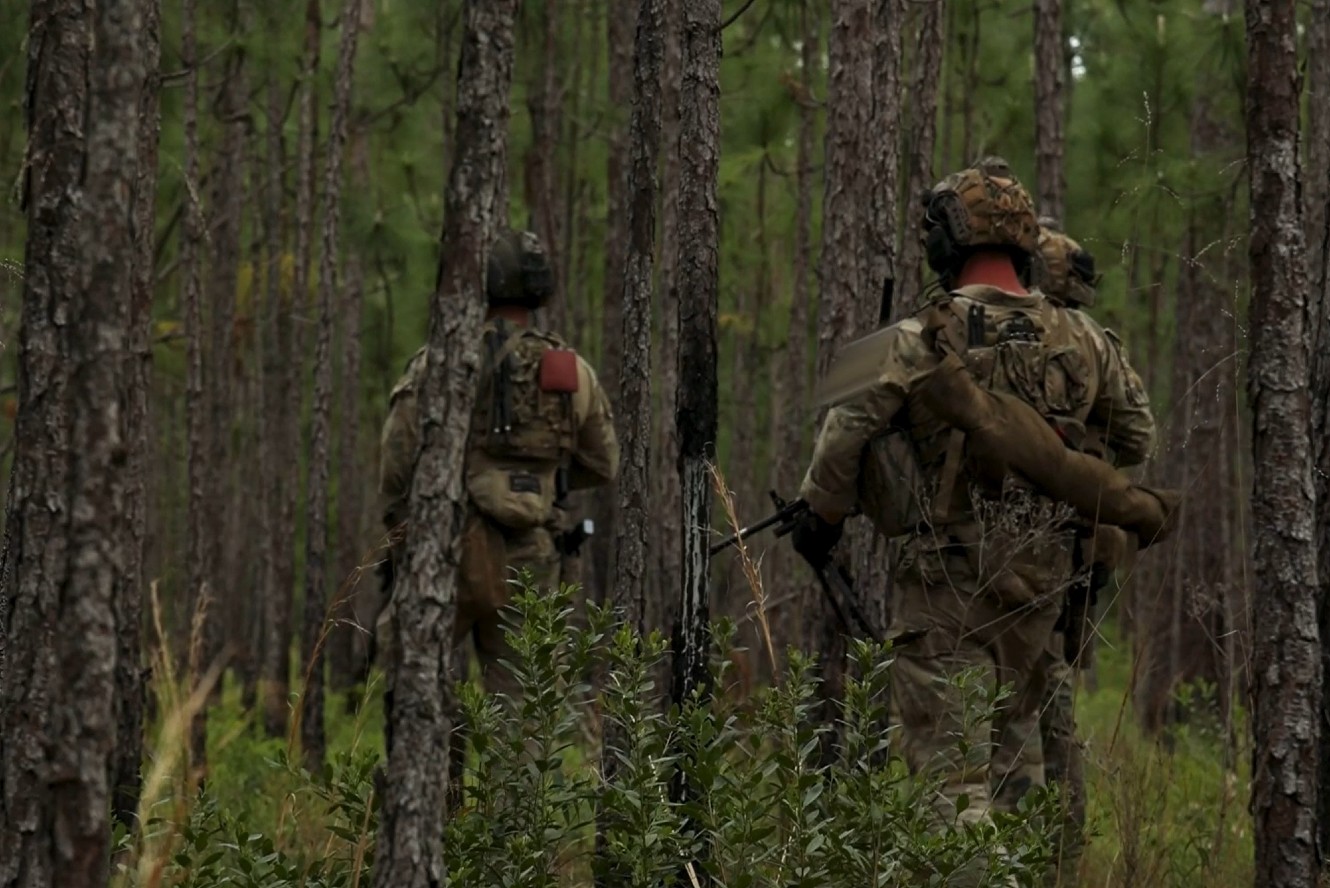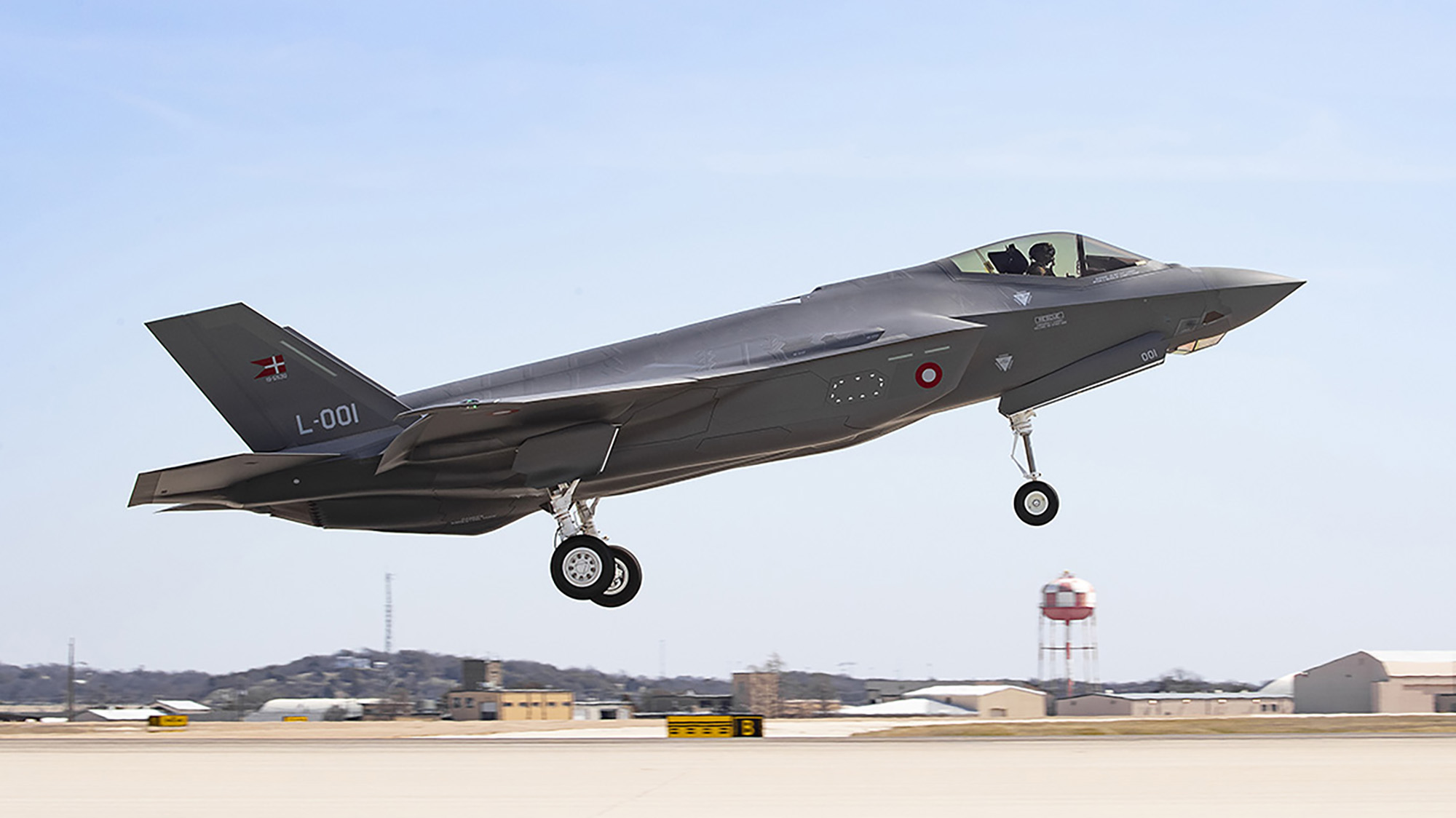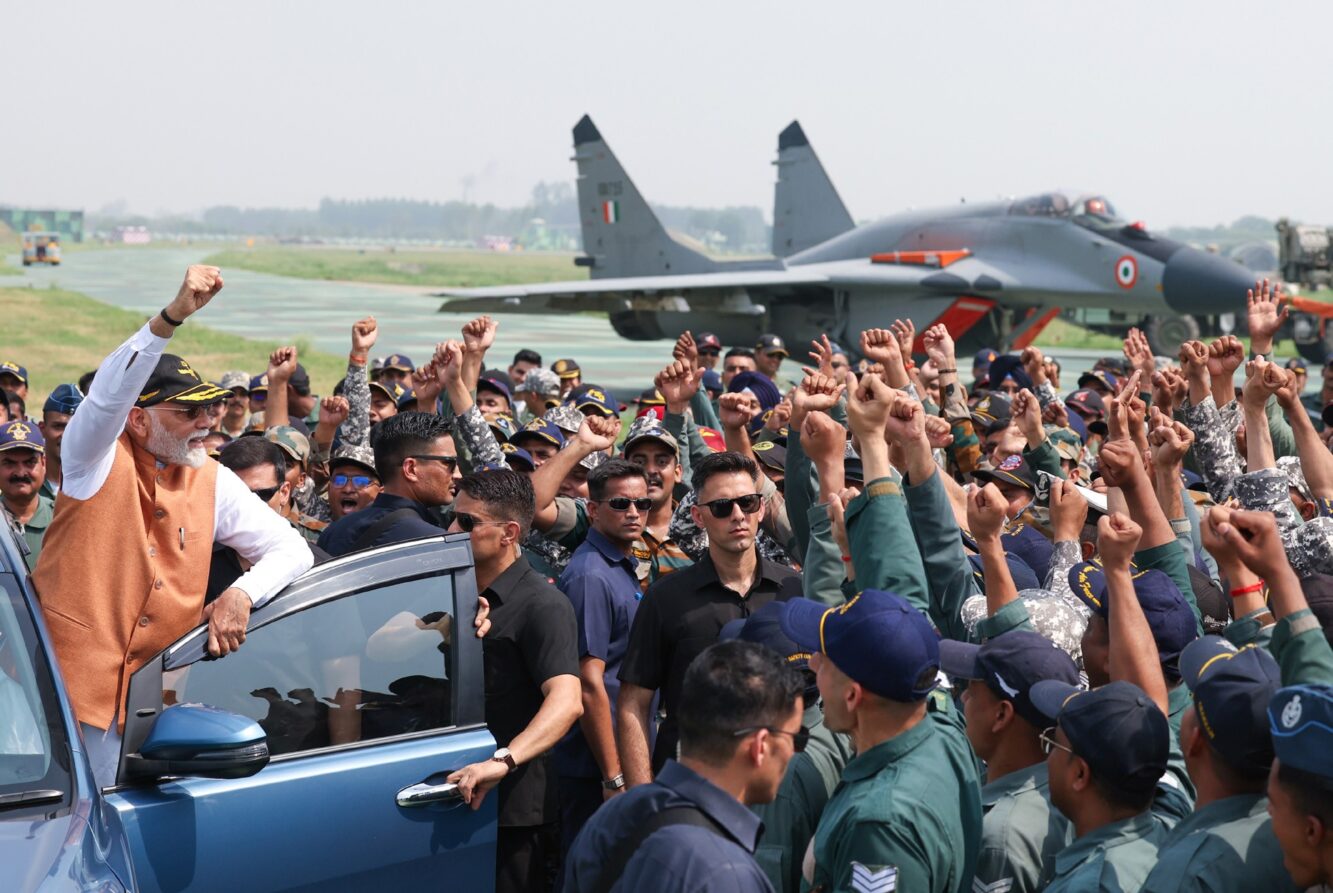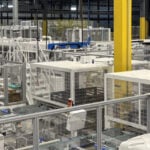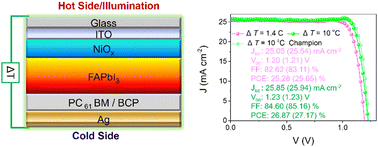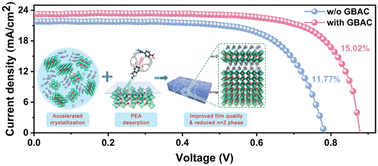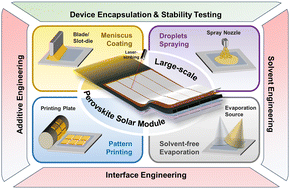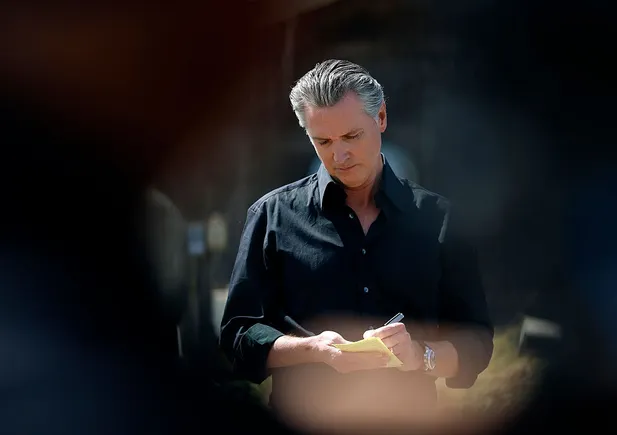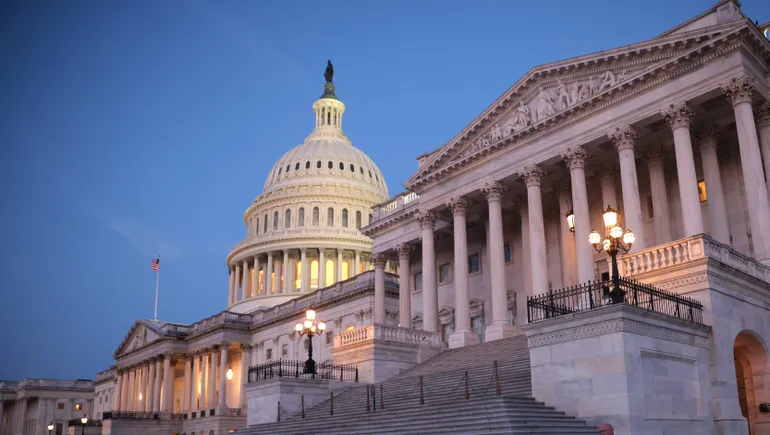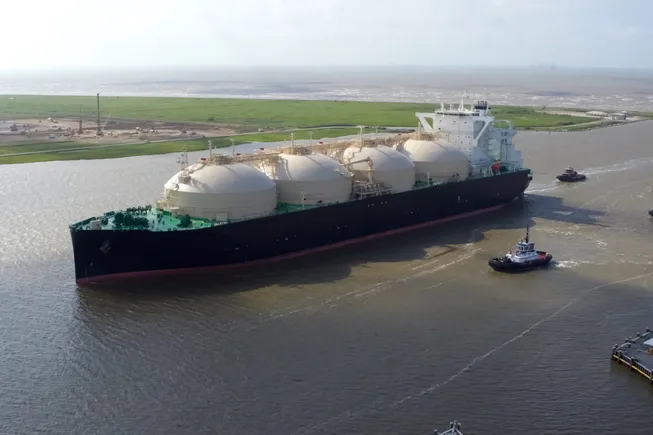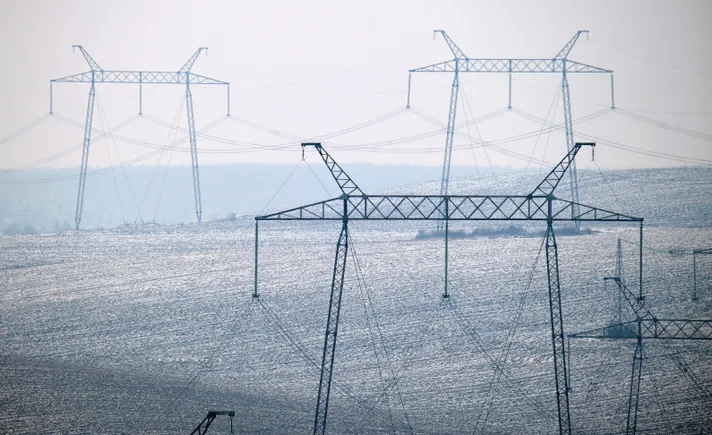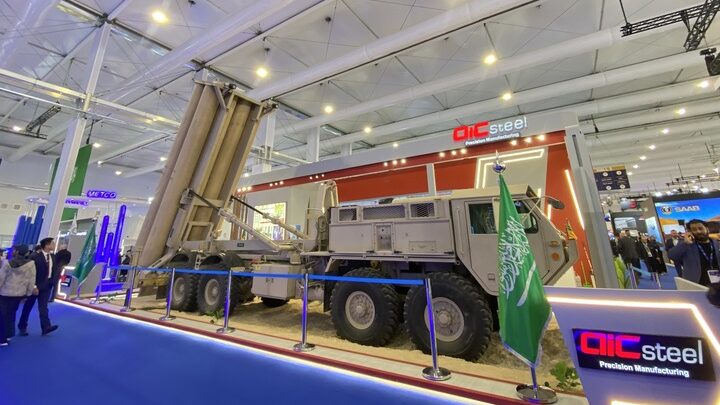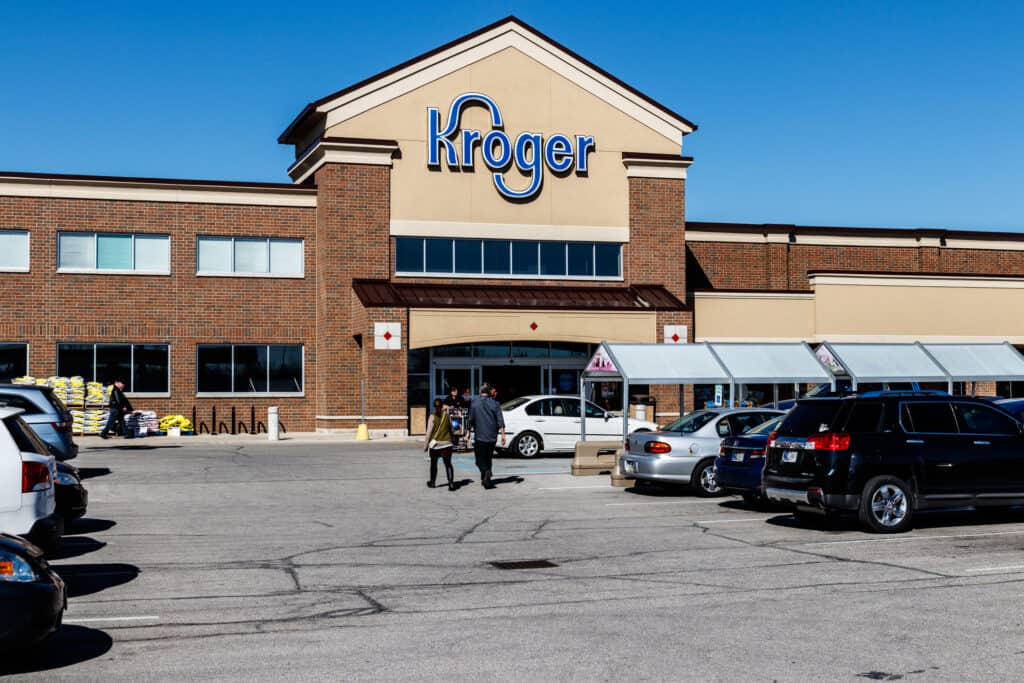EU and UK agree on defense deal, ‘second step’ needed to secure access to $169B in funds
The “United Kingdom and the European Commission should swiftly explore any possibilities for mutually beneficial enhanced cooperation created by the SAFE instrument, once adopted, in accordance with their respective legal frameworks,” states a UK-EU “Common Understanding” document.


EU and UK leaders gather for the EU-UK Summit in London (European Commission)
BELFAST — The European Union and United Kingdom have agreed to a defense and security trade agreement as part of a wider economic pact after years of politically contentious relations caused by Brexit.
Ursula von der Leyen, president of the European Commission, said during a EU-UK Summit press conference held in London today that the new defense “partnership” struck with Britain will “boost cooperation” and covers industry, “military mobility, peacekeeping, crisis management” as well as the “countering of hybrid threats.”
The military pact is a “first step” toward UK involvement in EU-related defense programs and initiatives, according to von der Leyen, but she said that a “second step” or additional negotiations will be required before UK industry can be eligible to compete for joint procurements, aligned to the €150 billion ($169 billion) Security Action for Europe (SAFE) project.
The “United Kingdom and the European Commission should swiftly explore any possibilities for mutually beneficial enhanced cooperation created by the SAFE instrument, once adopted, in accordance with their respective legal frameworks,” states a UK-EU “Common Understanding” document, also signed today.
The effort is part of the EU’s ReArm initiative, valued at up to €800 billion and drawn up to urgently increase defense spending and drive up industrial capacity across the continent. SAFE specifically lets member states take on loans in order to make new investments in major equipment programs.
SAFE “will increase our readiness, will close military gaps that we have, and will increase, what’s [of] most importance, our interoperability,” said Von der Leyen. “It will create new opportunities, of course, for our defense industries.
Britain’s decision to withdraw from the EU in 2020 restricted local suppliers from competing for defense contracts offered by the Union, and though Von der Leyen did not set a timeframe for a new round of negotiations to begin, the expected breakthrough sets up significant new opportunities for companies like BAE Systems, Babcock and Rolls Royce.
In a statement to media, Kevin Craven, CEO of the UK industry organization ADS Group, labelled the EU-UK defense pact “a welcome development, although somewhat underwhelming in the lack of detail.”
“While we are assured that this will pave the way for the UK defence industry to participate in the EU’s … (SAFE) defence fund, and therefore support thousands of UK jobs, we are reluctant to celebrate too early when the specifics of such a deal remain to be seen.”
Antonio Costa, president of the European Council, spoke of the whole host of agreements in more glowing terms, as he told reporters, they “mark not just progress, but a new chapter in the relationship between the United Kingdom and the European Union, the start of a renewed and strengthened strategic partnership.”
The accords “represent more than just words on paper,” he added. “They are a reflection of our shared commitments to security, to prosperity, to development and to the people we serve on both sides of the channel.”
Regarding defense, Costa said, “our new partnership will bring deeper cooperation. It will strengthen Europe’s contribution to NATO and it will sharpen our focus on common strategic priorities on trade.”
Together, he said the two parties will work to deliver a “just and lasting peace,” in Ukraine. In the interim, he shared that they will “intensify pressure on” Russian President Vladimir Putin, through additional sanctions.
UK Prime Minister Keir Starmer said the overall “landmark” trade deal, “gives us unprecedented access to the EU market, the best of any country outside of the EU or Africa, all while sticking to the red lines in our manifesto about not rejoining the single market, the customs union, and no return to freedom of movement.”
In an analysis piece published today, Ed Arnold, senior research fellow for European Security at the Royal United Services Institute, a British defense thinktank, questioned the “level of ambition” from the new EU-UK defense partnership and a lack of “tangible deliverables or milestones.”













